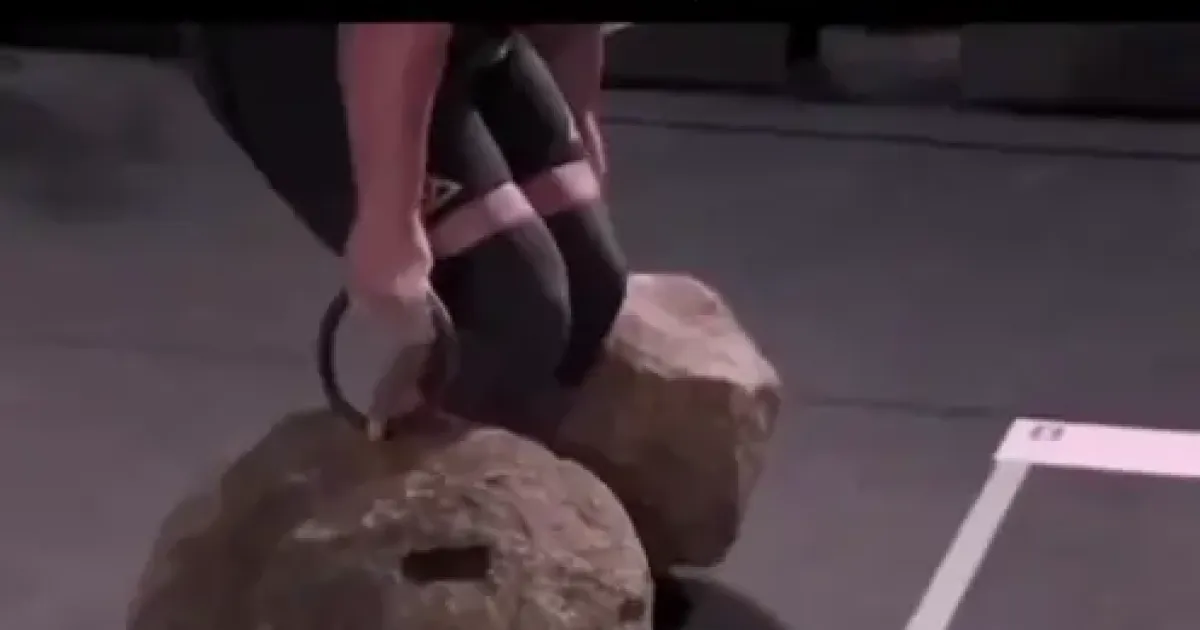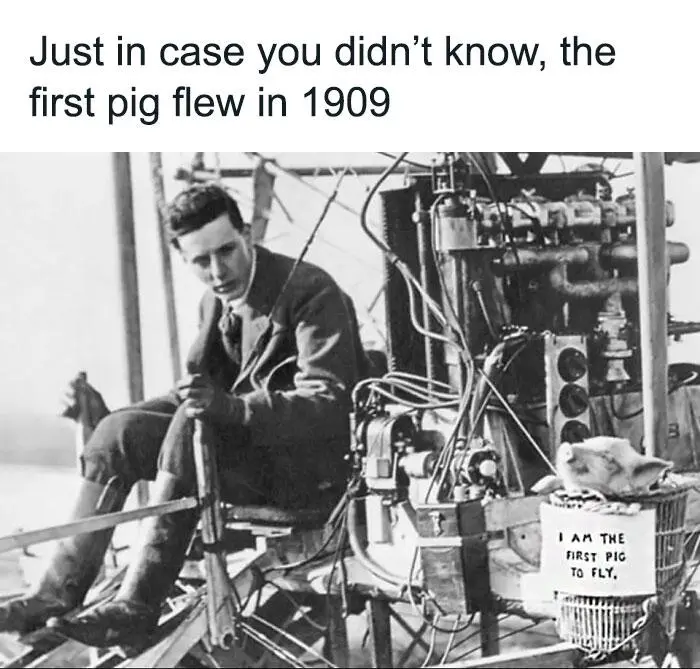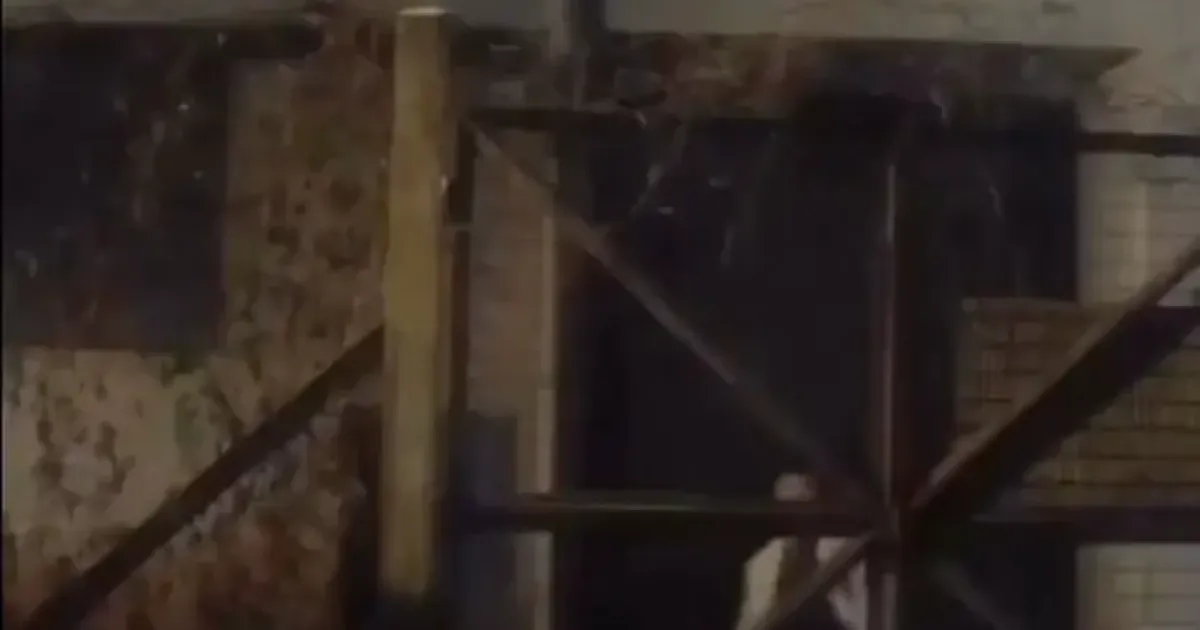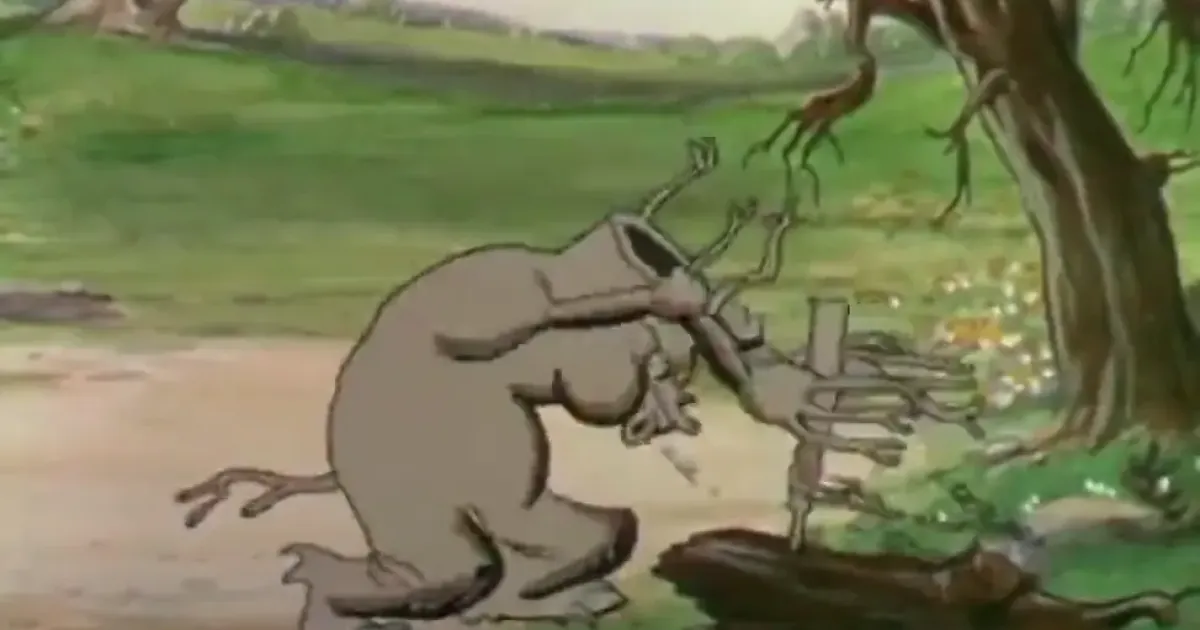
Oops? Microsoft Copilot just shared a script to activate Windows 11 for free.
Asking Copilot if there is a script to activate Windows 11 results in a how-to guide with steps to activate an unauthorized copy of the operating system
#FAIL #Copilot #IA
Read More...

She's a model
She’s a model
.
.
.
.
#jenniferlopez
#alexandradaddario #AngelinaJolie #MeganFox #margotrobbie
#chrisevans #ChristianBale #AnneHathway #BrieLarson
#ScarlettJohansson #elizabetholsen #JenniferLopez
#JenniferAniston #JenniferLawrence #priyankachopra
#KristenStewart #HaileeSteinfeld #emiliaclarke #galgadot
#wonderwoman #DC #mcu #MeganFox #kyliejenner
#kimkardashian #kendalljenner❤️❤️❤️
Read More...

We Are Nature: The Cycle of Life and Our Connection to the Natural World
This video reflects on our deep connection with nature. We are part of it, emerging from the earth and eventually returning to it. The beauty of the life cycle reminds us of the importance of caring for and respecting the natural world, which provides everything we need to live. Let's celebrate and protect our home, the Earth.
#Nature #CycleOfLife #ConnectionWithNature #Sustainability #PlanetEarth #Environment #NaturalLife
Read More...

Five star product
This product is more accurate than the manufacturer would desire. #lmao Read More...
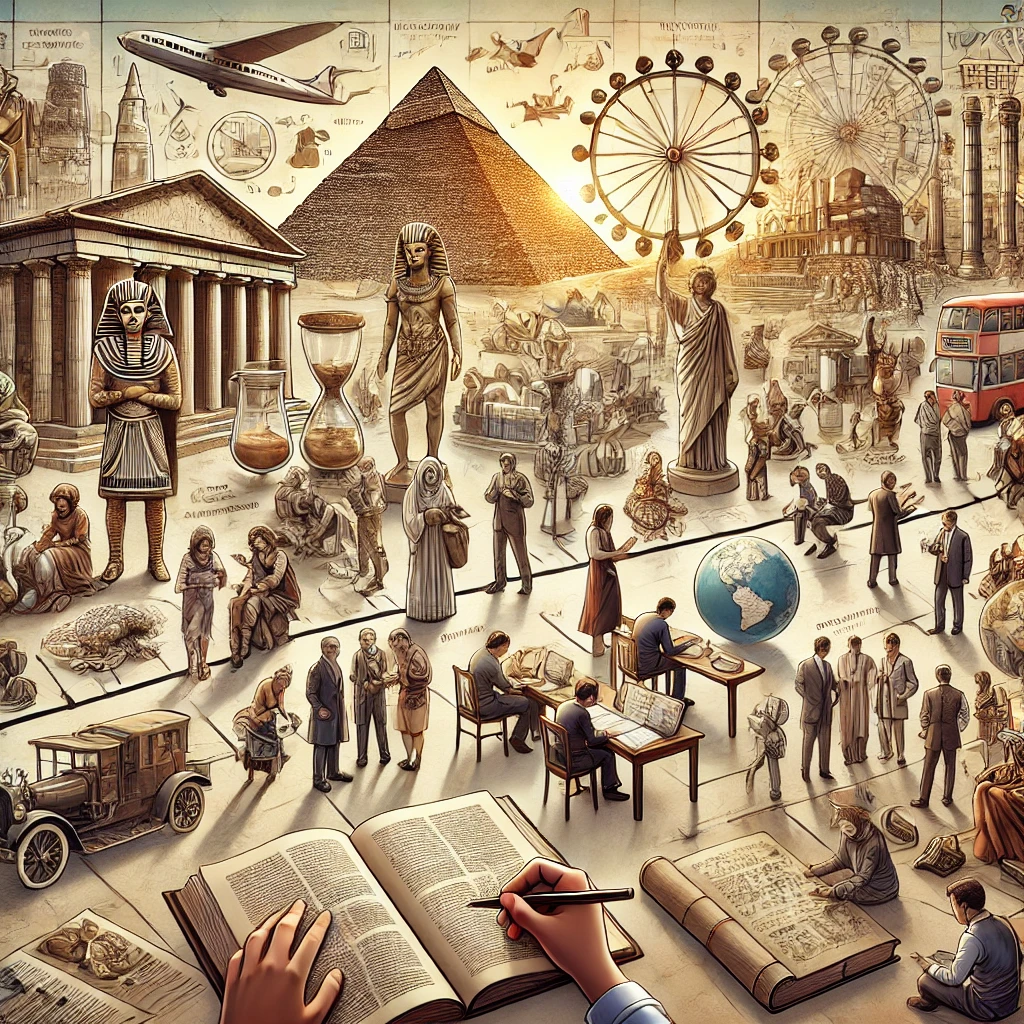
The Importance of History for Humanity
History, often viewed as a collection of past events, holds far more significance than merely recording what has happened. It is the bedrock of human civilization, shaping our present and influencing our future. The study of history is crucial for several reasons, each highlighting its profound impact on humanity.
Understanding Human Nature
History provides insights into human behavior and societal development. By studying the actions, motivations, and outcomes of people in different eras, we can better understand what drives human behavior. This knowledge helps us predict how societies might react to current and future events, fostering empathy and cultural awareness.
Learning from the Past
One of the most significant benefits of studying history is learning from past mistakes and successes. Historical events, whether triumphs or tragedies, offer valuable lessons. For example, understanding the causes and consequences of wars, economic collapses, and social movements can guide current leaders in making informed decisions to avoid repeating errors.
Cultural Identity and Heritage
History is a vital component of cultural identity. It helps individuals and communities understand their roots, traditions, and shared values. This sense of belonging and continuity fosters unity and pride among people. Preserving historical landmarks, documents, and artifacts allows future generations to connect with their heritage and maintain a sense of identity.
Building Critical Thinking Skills
The study of history involves analyzing sources, understanding context, and interpreting different perspectives. This process develops critical thinking and analytical skills. Historians must evaluate evidence, identify biases, and construct coherent narratives. These skills are transferable to various fields, enhancing problem-solving abilities and informed decision-making.
Shaping the Future
History is not just about the past; it actively shapes the future. By understanding historical trends and patterns, we can anticipate potential challenges and opportunities. History informs policy-making, education, and innovation. For instance, lessons learned from historical pandemics have guided modern public health responses to crises like COVID-19.
Preserving Human Achievements
History chronicles human achievements and milestones, celebrating progress in science, art, literature, and philosophy. Recognizing these accomplishments inspires future generations to strive for excellence and contribute to the collective knowledge and advancement of humanity.
Promoting Social Justice
Studying history highlights the struggles for freedom, equality, and justice. It brings attention to the marginalized and oppressed, ensuring their stories are not forgotten. This awareness promotes social justice and encourages efforts to create a more equitable and inclusive society.
In conclusion, the importance of history for humanity cannot be overstated. It is a treasure trove of knowledge that informs our understanding of human nature, guides decision-making, preserves cultural identity, builds critical thinking skills, shapes the future, celebrates achievements, and promotes social justice. Embracing history enables us to learn from the past, navigate the present, and build a better future.
Follow for more @HistoryEchoes
Read More...
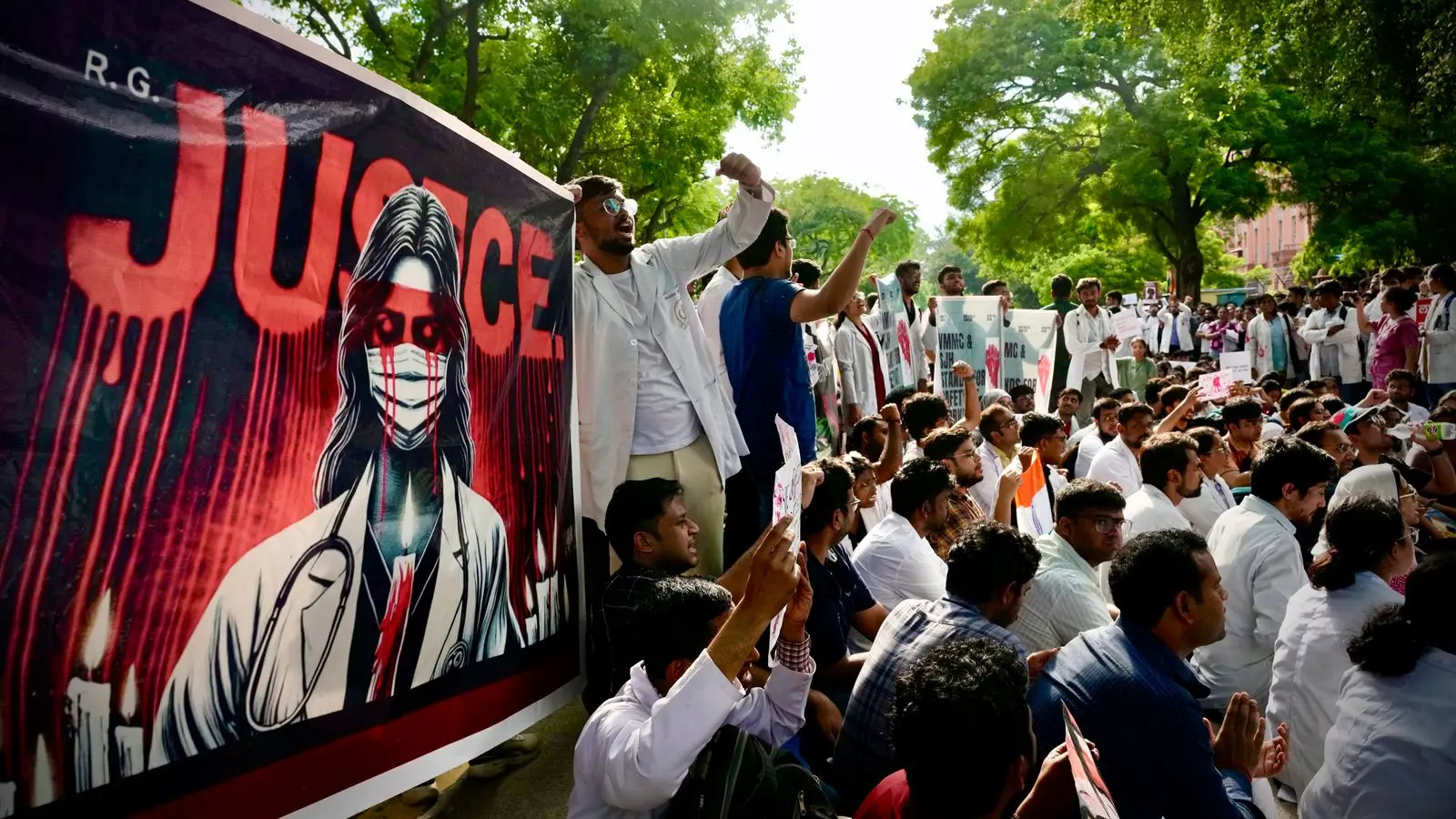
Patients turned away as doctors hold mass strike in India over rape and murder of trainee medic
Sexual violence against women is a widespread problem in India - many crimes are believed to go unreported due to stigma and a lack of faith in police.
Patients are being turned away from hospitals and clinics across India as more than a million doctors are set to join a strike in protest at the rape and murder of a trainee medic.
The 24-hour strike began at 6am local time (1.30am UK time) with non-emergency treatment such as outpatient appointments and elective procedures cancelled, said the Indian Medical Association (IMA).
The mass walkout paralysed hospitals as staff from medical colleges were drafted in to help with emergency cases.
The strike was triggered by the killing of a 31-year-old trainee doctor, whose body was found on 9 August at the college where she worked in Kolkata.
A police volunteer was arrested but the victim's family believe it was a gang rape and that more people were involved.
The case has drawn comparisons with the notorious rape and murder of a student on a bus in New Delhi in 2012.
People demonstrated near parliament in the capital on Friday - as well as cities including Kolkata, Hyderabad and Mumbai - calling for tougher sentences and guarantees of safety for doctors.
The facility where the doctor was killed, the state-run RG Kar Medical College and Hospital, was attacked on Wednesday.
"Doctors, especially women are vulnerable to violence because of the nature of the profession," said the IMA in a statement on X.
"It is for the authorities to provide for the safety of doctors inside hospitals and campuses."
Sexual violence against women and girls is a widespread problem in India with 31,516 reports of rape in 2022 - a 20% increase on 2021, according to the National Crime Records Bureau.
Many are believed to go unreported due to a stigma over sexual assault and a lack of faith in the police.
The medical college case is being handled by India's central bureau of investigation after state government officers were accused of mishandling the case.
Read More...
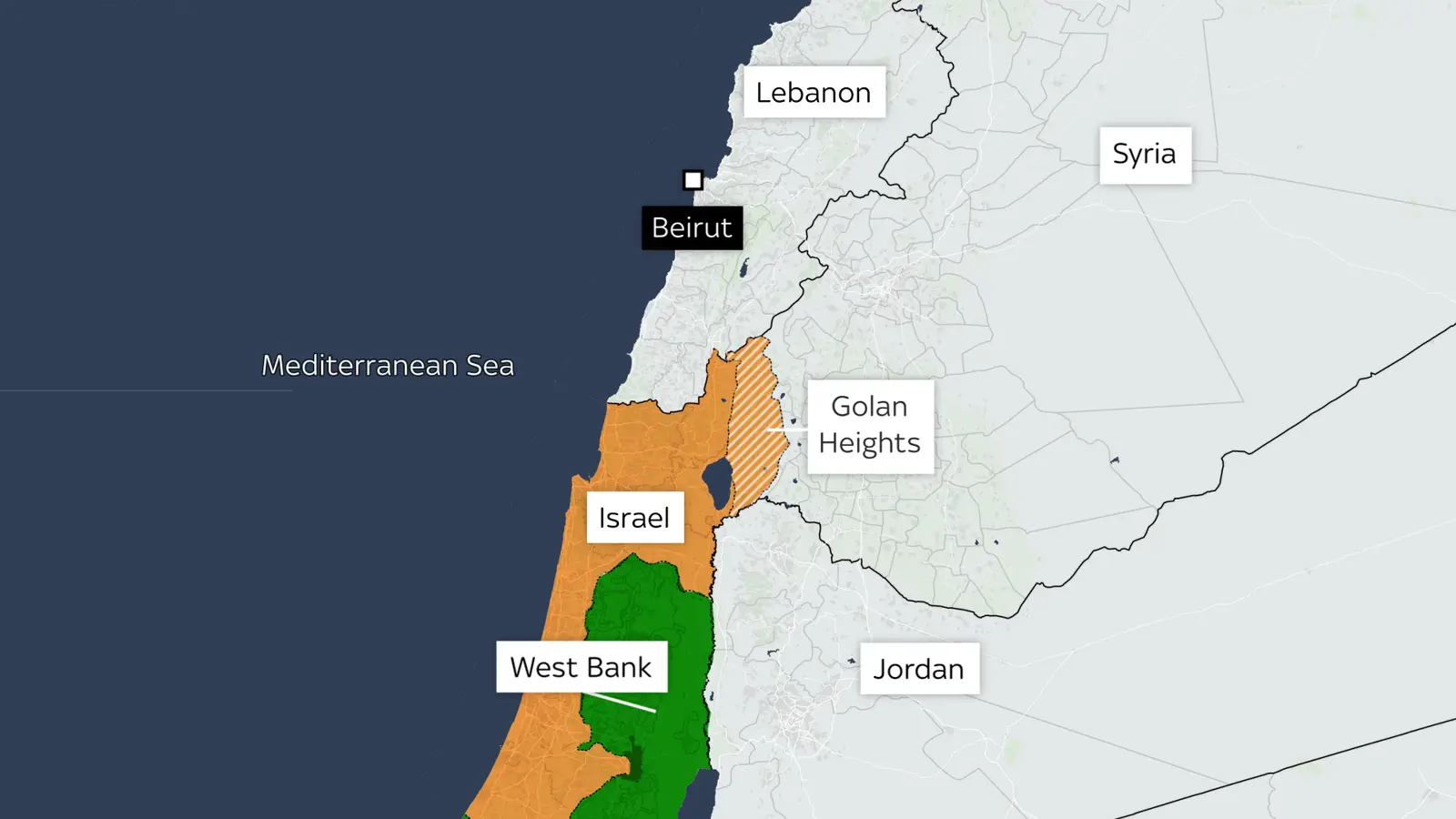
Israel will say it had no choice, but its airstrikes in Lebanon risks igniting a regional war
Israel carried out "pre-emptive" strikes against Hezbollah overnight, while the militant group says it has completed the "first phase" of an attack on 11 Israeli military sites.
This appears to have been a high-stakes Israeli military operation that risked igniting a regional war.
Israel will say it had no choice: One of the pillars of Israeli military doctrine has long been the principle that offence is the best form of defence.
It is not the first time it has used its air force hoping to defang an imminent threat. Israel insists it sent an armada of warplanes to the skies over Lebanon, more than a hundred strong, to stop an 'extensive planned attack involving thousands of rocket launches' about to be let loose by Hezbollah.
Just as Israel launched audacious air attacks obliterating Egyptian leader Gamal Abdel Nasser's air force in 1967 and Saddam Hussein's atomic programme in 1981, Israel says it despatched jets overnight to neutralise Hezbollah.
It is not clear how many enemy drones and missiles were already in the air. Hezbollah claims all 11 of its targets in Israel were hit and it launched 320 Katyusha rockets.
The primary strike it says was aimed at "a qualitative Israeli military target that will be announced later" as well as "enemy sites and barracks and Iron Dome [missile defence] platforms".
Israeli intelligence sources had claimed the airbase used in the strike on Shukr and the headquarters of Unit 8200, the Israeli military intelligence agency, north of Tel Aviv, were on Hezbollah's target list.
Advertisement
Hezbollah meanwhile says Israel's operation failed to pre-empt its long-awaited retaliation and insists it succeeded in striking targets deep within Israel.
Two questions for now: Hezbollah's next move and what this does to efforts to end the war in Gaza.
Will Hezbollah draw a line under the Shukr/Haniyeh affair? The organisation says today's action is over but is more planned in the coming days? All eyes are on its commander Hassan Nasrallah who will address his faithful by video link tonight.
He has not been seen in public since Hezbollah's war with Israel in 2006 for fear of being assassinated by Israeli jets himself.
Hezbollah attacked Israel in the wake of Hamas atrocities on 7 October and has been locked in an almost daily artillery duel with Israel over their border ever since.
Israeli intelligence claims Hezbollah has amassed an arsenal of 150,000 missiles secreted in the hills of southern Lebanon since 2006, 10 times the amount it possessed back then.
It has so far refrained from unleashing that firepower: Analysts believe its paymasters and patrons in Tehran prefer to keep that armoury in reserve as an insurance policy for the day Israel may attack Iran itself, as well as its alleged nuclear programme.
But Israel has been testing that theory for months now, responding with force to Hezbollah's attacks in the north. Each exchange of fire has the potential to escalate the region into a wider war through miscalculation and unintended mass civilian casualties.
So far, events overnight do not seem to have upended the fragile efforts towards a ceasefire in Gaza. Delegations are still on their way to Cairo for the next round of talks. If anything the escalation reemphasises the urgency behind the diplomacy.
But it could also offer the Israelis a distraction, should they want one, from huge pressure from the US to make the concessions required to reach a deal.
Most Israeli observers believe Israel's Prime Minister Benjamin Netanyahu does not want a ceasefire on the terms currently being negotiated for fear it could lead to his coalition government falling apart.
But US, Qatari and Egyptian mediators insist the truce terms are the best and possibly last chance of bringing home Israel's hostages and ending the war.
They also believe a ceasefire in Gaza is the best way of reducing tensions in the north - which have exploded overnight so spectacularly.
Read More...





